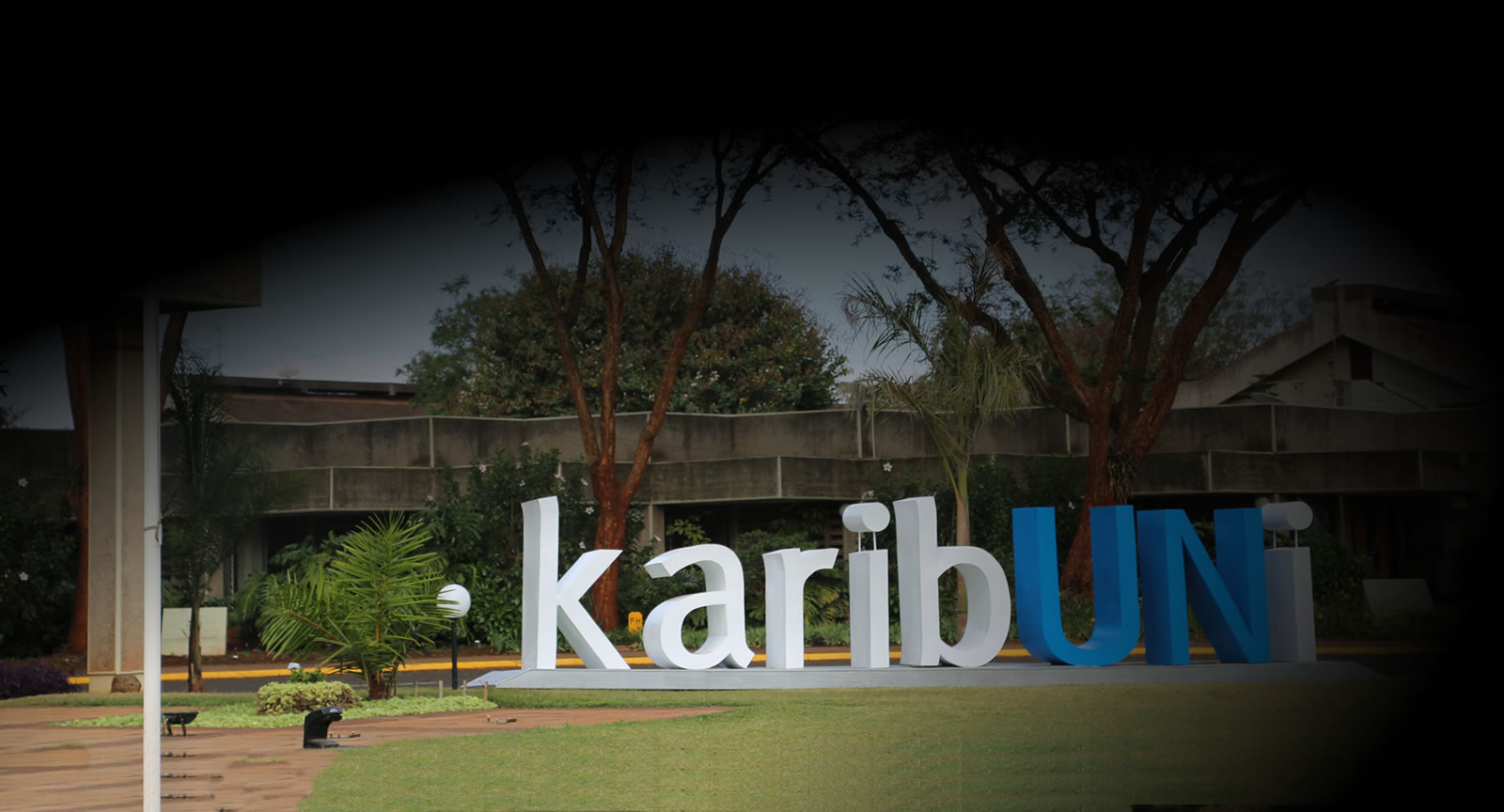The Peer Review Process was initiated in 2012 by the Environment Management Group with the aim of reviewing the environmental sustainability profile and performance of UN agencies. It involves one or more agencies reviewing the environmental performance of their peers’ facilities and internal operations.
This February, a new Peer Review was initiated involving the United Nations High Commissioner for Refugees with the aim of supporting the agency in the improvement of the environmental management of its Office and Operations in the Kakuma Refugee Camp, Kenya.
With the dire refugee situation that has been triggered by the South Sudan crisis, UN Environment was urged to launch an assessment of the environmental impact of this outflow in order to identify actions to reduce the impact and improve the capacity and willingness of host countries to accept and look after the refugees.
The purpose of this review is, therefore, to enhance the sustainability and energy efficiency in the Camp, to reduce costs, improve the quality of life and set benchmarks for further improvement, monitoring and reporting on environmental management.
Providing refuge to some 180.000 refugees, Kakuma is one of the largest camps of UNHCR, which intends to replicate the outcome and recommendations of this review to the management of its other camps. It is anticipated that this work will result in policy and operational solutions for reducing environmental impacts, in a sustainable lifestyle for refugees (particularly concerning waste, water and food), improved settlements and buildings and enhanced engagement with the Kakuma county and the local government.

© Julius Mwelu/ UN-Habitat
The focus of the review is on the environmental management of the Camp’s facilities and operations. As such, the review, carried out by Peer Review Teams composed of representatives from UNHCR, World Bank, WHO, UNESCO, UN Women and others, will produce a report which will consider issues such as energy-efficiency options, purification techniques, waste management and water efficiency.
The peer review report can be a basis for further action by the UN system as well as supporting governments or private sector entities, with the potential of setting an example for addressing similar cases in other parts of world.
